Olympic rewards: Which countries offer the highest and lowest prizes for medals?
Traditionally, countries that win the most medals offer smaller prize amounts, while those that win fewer medals offer larger sums. However, sponsors and federations also contribute to the prize money.
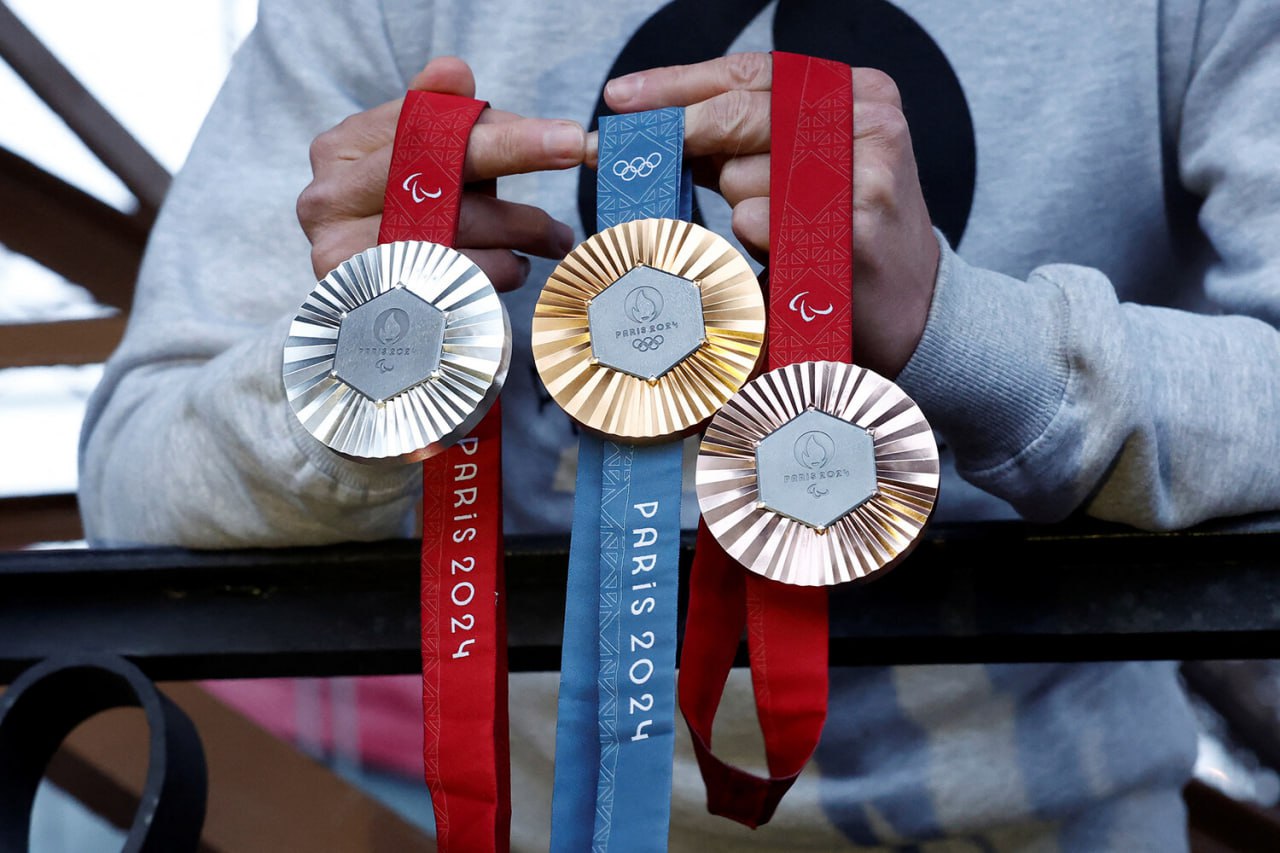
Photo: Benoit Tessier/Reuters
Hong Kong, Singapore, and Taiwan are among the countries that pay the highest prize money for Olympic medals, Kaktus.media writes.
According to the report, Hong Kong pays $768,500 for a gold medal, Singapore $737,000, and Taiwan $720,000, making them the highest prize amounts in the world.
Fewer Medals, Larger Prizes
Hong Kong competes separately from China at the Olympics, under its own flag. For a gold medal, Hong Kong pays $768,500, and for silver and bronze, it pays $384,000 and $192,000 respectively. Team sports offer higher rewards: over $1.5 million for first place, and $768,000 and $384,000 for second and third places respectively. Interestingly, Hong Kong also rewards lower placements: fourth place in individual sports receives $96,000, and in team sports, $192,000. Fifth to eighth places receive $48,000 and $96,000 for individual and team events, respectively. This generosity can be explained by Hong Kong’s rare medal wins at the Olympics.
Singapore, through its prize program, offers $1 million Singapore dollars (approximately $737,000) to individual gold medal winners. For team sports, the reward is 2 million Singapore dollars (approximately $1.5 million). Silver and bronze medalists receive 50% and 25% of these amounts, respectively. So far, only one Singaporean has received such an award - swimmer Joseph Schooling, who won the 100m butterfly at the 2016 Olympics. This is Singapore's first and only gold medal to date.
Competing under the official name "Chinese Taipei," Taiwan offers its athletes $720,000 for gold, $252,000 for silver, and $180,000 for bronze. At the Tokyo Games, Taiwan won 12 medals, doubling the record set in 2000. Additionally, Taiwanese Olympic champions receive a one-time payment of 20 million Taiwan dollars ($600,000) and a lifetime monthly stipend of 125,000 Taiwan dollars ($4,000) under a government program.
Indonesia, Kazakhstan, Malaysia, Morocco, Italy, the Philippines, Thailand, Hungary, Kosovo, Estonia, and Egypt also offer six-figure rewards for Paris Olympic medals, ranging from $112,000 to $365,000.
In some cases, athletes receive rewards from both the government and national sports organizations. For example, the Indian government pays 7.5 million rupees ($90,000) to gold medalists, while the Indian Olympic Association offers 10 million rupees ($120,000).
More Medals, Smaller Prizes
Some countries offer smaller prize money to their Olympic champions but have a large number of winners, resulting in astronomical total payments. China has not disclosed the amounts it pays to its winners, so it is not included in the ranking, but it could easily take the top spot. China wins hundreds of medals at the Olympics.
The USA pays $37,500 for a gold medal, $22,500 for a silver, and $15,000 for a bronze. National sports organizations also have incentive programs. For example, the Living The Dream Medal Fund offers $250,000 for gold medals in wrestling, and USA Swimming offers $75,000 for gold medals in swimming. The bonuses may not seem large, but the USA topped the unofficial medal rankings at the Tokyo 2020 Olympics, which cost the National Olympic Committee $9 million.
Prize Money in Central Asia
Kazakhstan has already announced the amounts for its Olympic champions: $250,000 for gold, $150,000 for silver, and $75,000 for bronze. Additionally, $30,000, $10,000, and $5,000 in cash payments are provided for 4th, 5th, and 6th places, respectively.
Uzbekistan promises $200,000 for a gold medal, $100,000 for a silver, and $50,000 for a bronze.
Tajik athletes will receive 150,000 somoni (approximately $14,000) for first place, 100,000 somoni (approximately $9,000) for second place, and 50,000 somoni (approximately $4,500) for third place under the President's prize program. Coaches of notable athletes also receive rewards. Additionally, last year, Tajikistan established monthly salaries for Olympic, Paralympic, and Deaflympic medalists and winners.
In Kyrgyzstan, athletes are rewarded as follows: a gold medal - 10 million Kyrgyz soms (approximately $119,000); a silver medal - 7 million Kyrgyz soms (approximately $83,000); and a bronze medal - 5 million Kyrgyz soms (approximately $60,000).
No Prize Money, Sponsorship Responsibility
The governments of the United Kingdom, New Zealand, Norway, and Sweden traditionally do not pay their winners. Athletes in these countries only earn money through sponsorships. Governments, NOCs, and local federations limit their support to covering training, coaches, and staff salaries.
In 2024, some sports organizations decided to reward athletes for the first time. World Athletics announced that all gold medalists would receive $50,000. The International Boxing Association (IBA), which was expelled from the IOC in July 2024, announced it would pay $100,000 for gold medals in boxing.
Related News
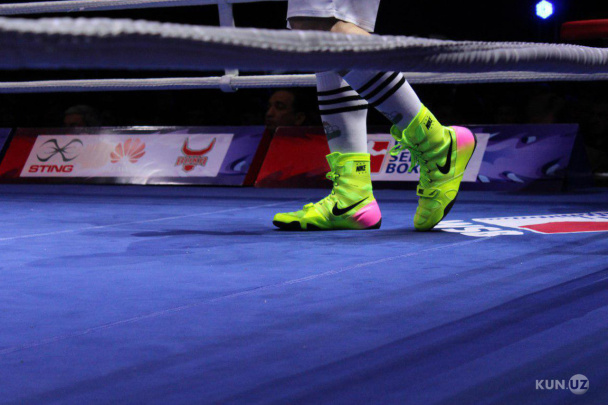
18:46 / 04.11.2024
Uzbekistan joins World Boxing, leaving IBA amid Olympic participation concerns
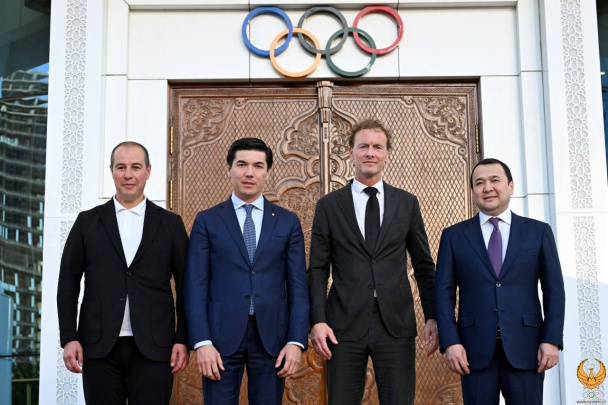
18:58 / 08.10.2024
Uzbekistan supports World Boxing’s efforts to secure Olympic future for boxing
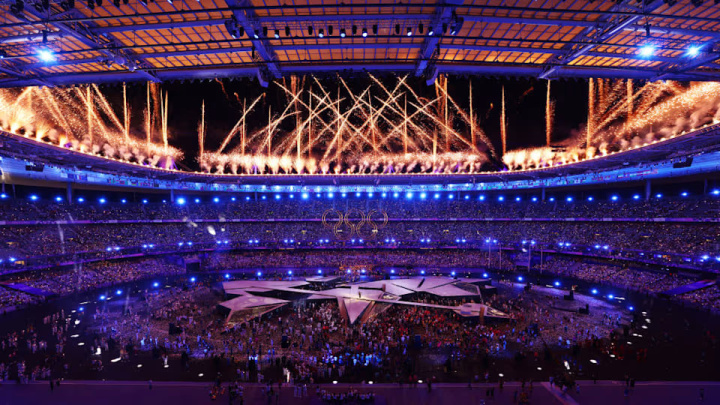
13:18 / 09.09.2024
Paris Paralympics 2024: Uzbekistan ranks 13th with 26 Medals
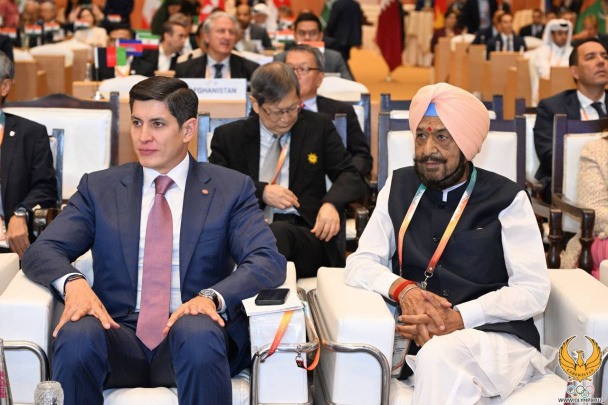
09:40 / 09.09.2024



